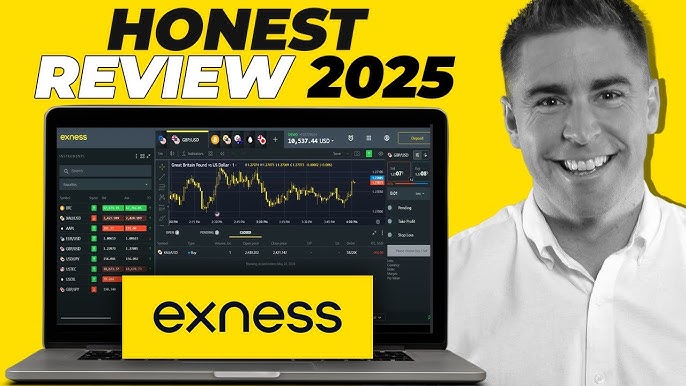Understanding Competitive Exness Fees for Smarter Trading

Understanding Competitive Exness Fees for Smarter Trading
When it comes to trading in the financial markets, understanding the costs involved is crucial for maximizing profitability. Fees can greatly affect the bottom line, especially for active traders. With brokerages like Exness, it’s essential to dive into the specifics of their fee structure. This article provides a comprehensive overview of Competitive Exness Fees and how they can influence your trading experience. For additional insights, check out Competitive Exness Fees https://thai-exbroker.com/.
What Are Exness Fees?
Exness, a well-known forex and CFD broker, offers a range of financial instruments for traders. The fees associated with these services generally fall into two categories: trading fees and non-trading fees. Understanding these fees will help traders make informed decisions and optimize their trading strategies.
Types of Fees Charged by Exness
1. Spread
The spread is the difference between the buying (ask) price and selling (bid) price of a financial instrument. Exness offers different types of accounts, each with its own spread structure. For instance, the Standard account typically has a wider spread, making it more suitable for beginners or infrequent traders. On the other hand, the Pro account offers tighter spreads, ideal for active traders looking to maximize profit margins.
2. Commission
In addition to spreads, Exness charges a commission on certain accounts. For example, the Zero account has no spread but charges a commission per trade. This commission can vary based on the volume of the trade and the specific currency pair being traded. Understanding the commission structure is crucial, especially for high-frequency traders.
3. Overnight Fees (Swap Fees)

Overnight fees are charged if a position is held open overnight. These fees can either be a credit or a debit depending on the interest rates of the currencies being traded. Exness provides transparency in its overnight fees, allowing traders to calculate potential costs ahead of time. It’s important to be aware of these fees, especially for swing traders who hold positions over several days.
4. Non-Trading Fees
Exness also has non-trading fees, which may include withdrawal fees, inactivity fees, and deposit fees. Generally, Exness does not charge for deposits, but some withdrawal methods may incur fees. It’s vital for traders to familiarize themselves with these costs, as they can impact overall profitability.
Comparing Exness Fees with Competitors
One of the key aspects of choosing a broker is to compare their fee structures with competitors. While Exness is known for its competitive trading fees, factors like additional features, account types, and customer support can also influence a trader’s choice. For instance, some brokers might offer lower spreads but higher commissions, while others may charge no commission but have wider spreads. Analyzing these factors can help traders find a broker that best suits their needs.
How to Minimize Trading Costs
Reducing trading costs can significantly enhance overall profitability. Here are some strategies to minimize fees while trading with Exness:
- Choose the Right Account Type: Selecting an account type that aligns with your trading style can help minimize fees. Active traders may benefit from accounts with tighter spreads and competitive commissions.
- Trade in Larger Volumes: If you are trading frequently, consider using volume-based commissions to your advantage. Higher trading volumes can help spread costs across multiple trades.
- Be Mindful of Overnight Positions: If possible, avoid holding positions overnight to sidestep overnight fees.
- Consider Withdrawal Methods: Some withdrawal options may incur fees. It’s advantageous to choose methods that align with your trading activity.
Conclusion
Understanding Competitive Exness Fees is essential for optimizing profitability in trading. By familiarizing yourself with the various fees, comparing them to competitors, and implementing strategies to minimize costs, you can enhance your trading experience. As with any investment, knowledge is key. The more aware you are of your trading expenses, the better equipped you’ll be to make profitable trades.
To further enhance your trading journey, keep researching and evaluating different brokers, tools, and strategies. Ultimately, the goal is to find the right combination that meets your trading needs and helps you succeed in the fast-paced world of finance.
